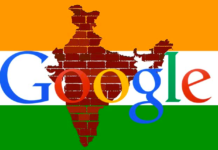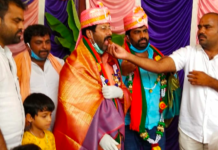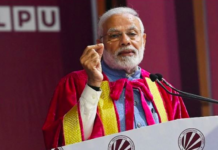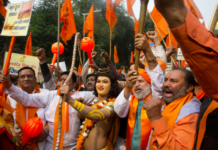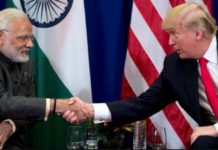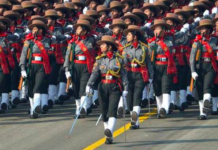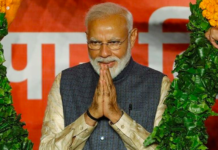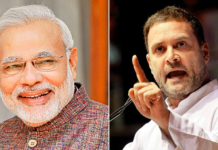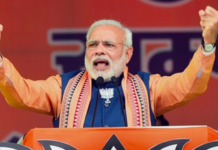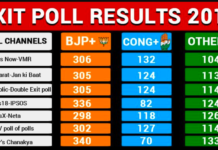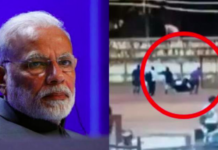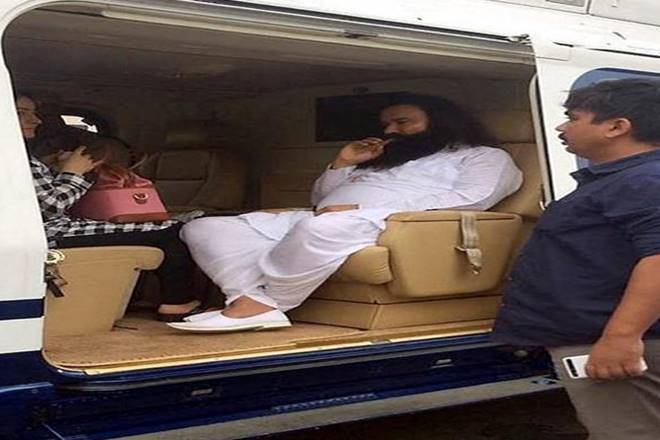Prime Minister Narendra Modi today confirmed that he had banned cell phones during his meetings and justified the same. This comes days after he had banned the lal batti or red beacons for VIPs.
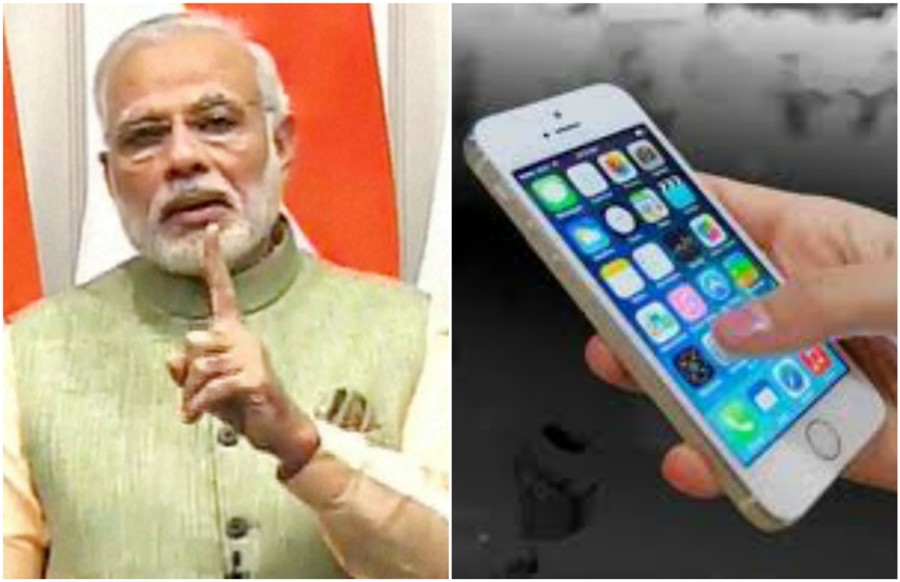 After banning the Lal batti or the red beacons atop official vehicles, Prime Minister Narendra Modi has banned cell phones at his meetings.
After banning the Lal batti or the red beacons atop official vehicles, Prime Minister Narendra Modi has banned cell phones at his meetings.
The ban has been for quite some time, but that was in the realm of speculation. However, the confirmation came today. Modi said he had banned mobile phones from his meetings because officers had attention deficit during the important meetings. This is because the officers often were found glancing at social media sites in the midst of important official discussions.
Also Read: Why Lal Battis Alone, Mr Modi? Why Not Cut Other Privileges Too?
Modi had earlier banned cell phones during cabinet meetings and speculation was then rife that it was because he did not want decisions to be leaked out. But the real reason is that he wanted the full attention of all his ministers. Cell phones, Modi feels, is sometimes a great distraction.
Addressing civil servants on the occasion of Civil Services Day in Delhi, Modi said: “I see these days that district-level officers are so busy, busy, that most of their time goes into it (social media). I have stopped the entry (of mobile phones) in my meetings as they (officers) would take them out and start (checking out social media sites).”
Also Read: Rs 1,000 Crore Stolen By Global Cyber Thieves, But Govt Gets it Back
Going further, he said social media should be used for the welfare of the people and not for self-praise or to win `likes,’ followers or appreciation.
But, at the same time, he was also all praise for cell phones and social media. The world was moving from e-governance to mobile-governance, he said and added that the best equipment (cell phones) needed to be used for the welfare of people. Social media sites are helpful when they are used for spreading information about the good work being done.
“If I am informing the people about dates of polio vaccination through social media, saying that they should come out on a particular date for the vaccination, then it (social media) is helpful. But if during vaccination-related work, I am praising my own photograph on Facebook, then it puts a question mark (on the work done by civil servants),” he pointed out.
Also Read: CBI Tough Stand in Babri Masjid Case To Silence Anti-Modi Forces?































